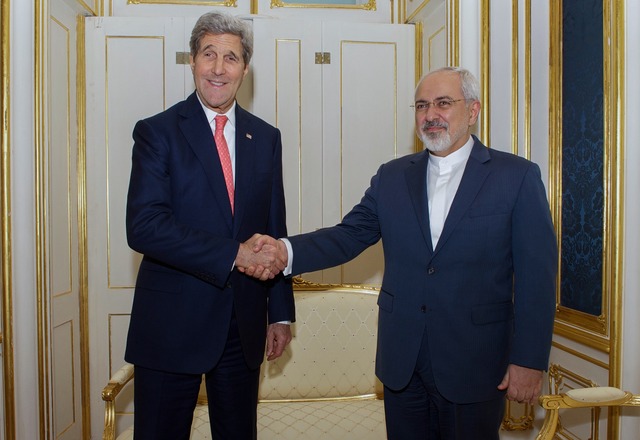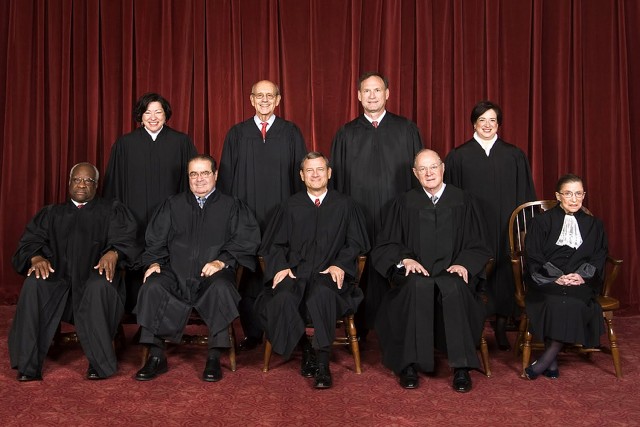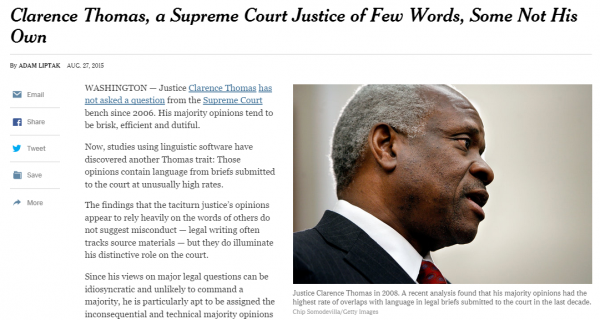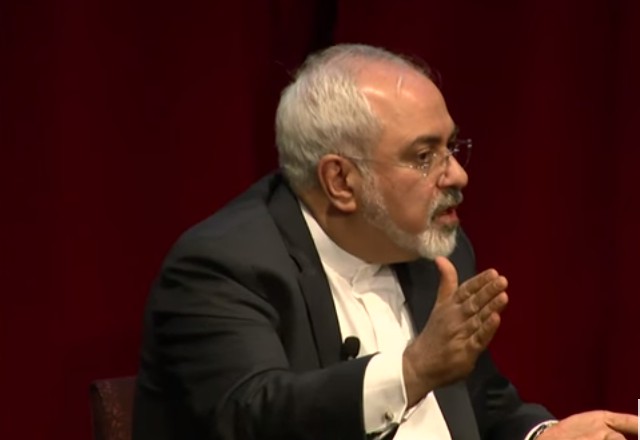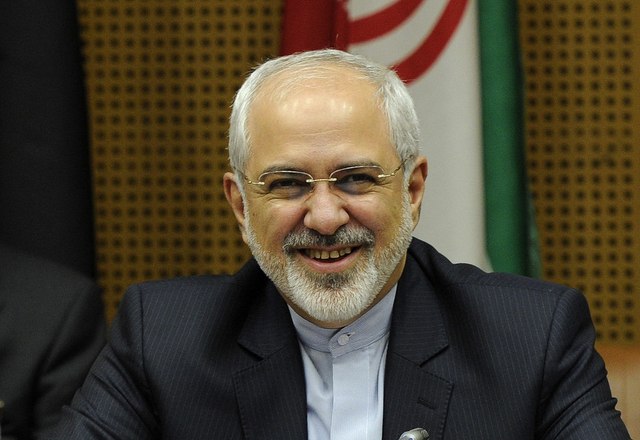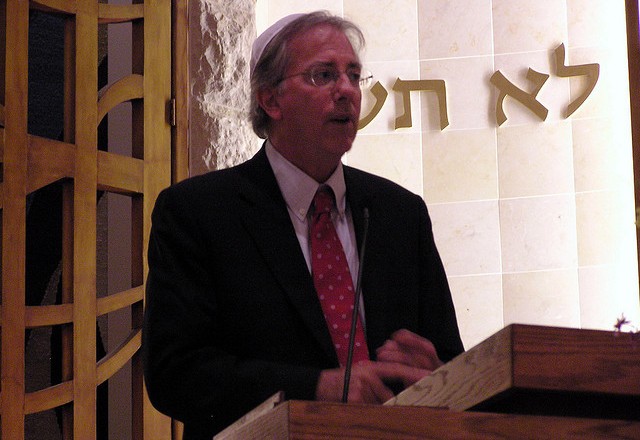NYT Endorses John Kasich
on January 30, 2016
14 Comments
Although John Kasich has recently surged in New Hampshire to tie for second place in the Granite State with Ted Cruz, Marco Rubio, and Jeb Bush, few believe he has any chance at all of winning the GOP nomination.
The New York Times hopes to change that, however, with their endorsement of Kasich today.
The NYT writes:
Gov. John Kasich of Ohio, though a distinct underdog, is the only plausible choice for Republicans tired of the extremism and inexperience on display in this race. And Mr. Kasich is no moderate. As governor, he’s gone after public-sector unions, fought to limit abortion rights and opposed same-sex marriage.


